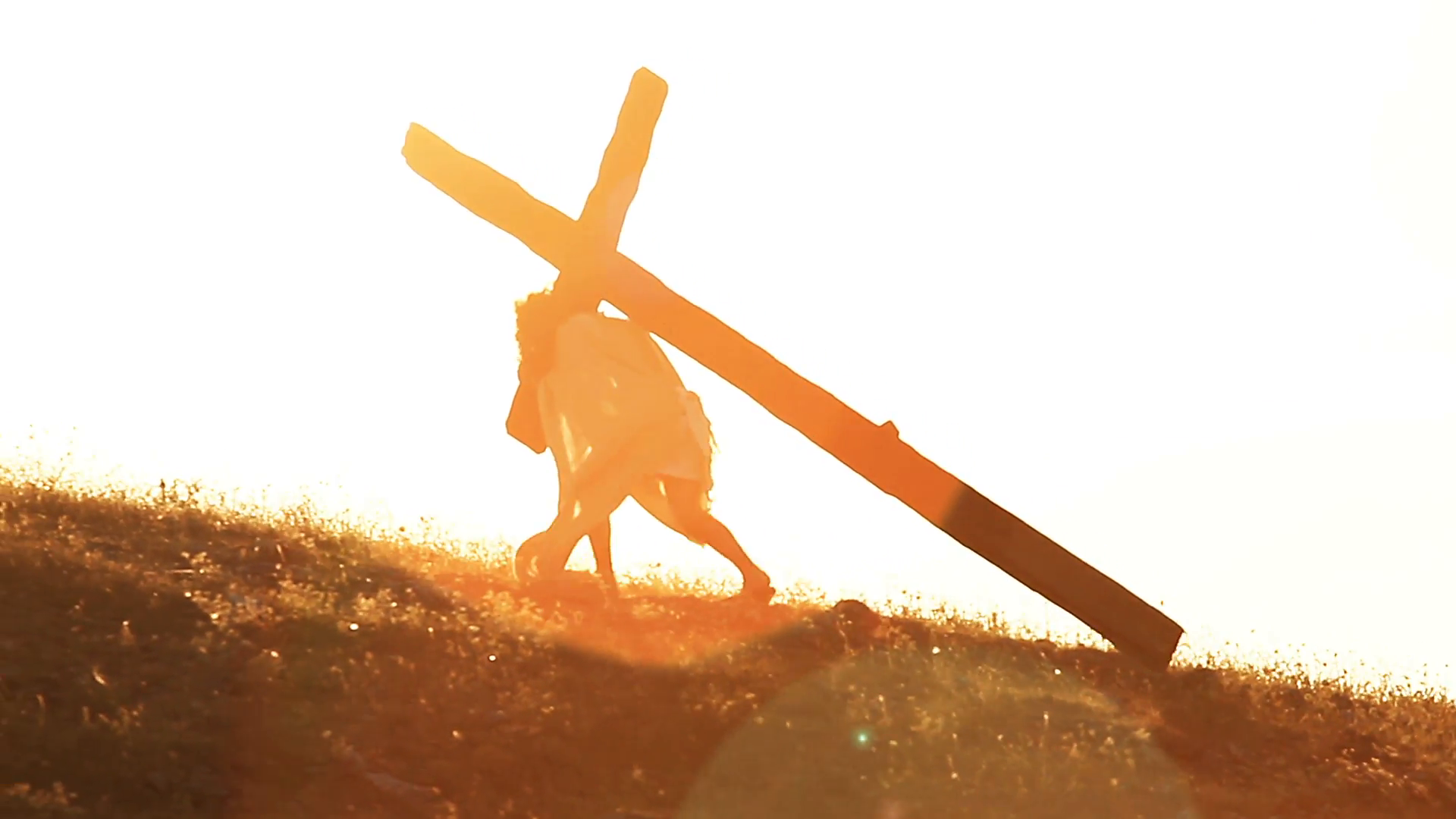On Wednesday, many Christians will begin marking the season of ‘Lent’. This is a period of 40 days (Monday to Saturday) from Ash Wednesday to Easter Saturday. It is traditionally a time of preparation and self-denial – usually involving the decision to give up something, often fasting from certain foods.
How did it start?
In the early days of the church some of Jesus’ followers would fast for 40 hours before the celebration of Easter. This flowed from the traditional belief that Jesus lay for 40 hours in the tomb (the biblical reference to ‘three days in the tomb’ is understood by them as spanning three days from Friday PM to Sunday AM). This was probably the first recognisable notion of a Lenten fast.
Why 40 days?
40 days is a Bible number for ‘quite a long time’. The number 40 has many Biblical references: God sent 40 days and nights of rain in the great flood of Noah (Genesis 7:4), Moses spent 40 days on Mount Sinai with God (Exodus 24:18), Elijah spent 40 days and nights walking to Mount Horeb (1 Kings 19:8), the Hebrew people wandered 40 years in the desert while traveling to the Promised Land (Numbers 14:33) and Jonah’s prophecy of judgment gave 40 days to the city of Nineveh in which to repent or be destroyed (Jonah 3:4).
The most obvious reason for a time of fasting (going without things) for 40 days is to follow the example of Jesus as found in Matthew 4, Mark 1, and Luke 4. Immediately after his baptism, Jesus was led by the Spirit into the wilderness, where He fasted for 40 days. He was tempted by the devil and overcame all three of Satan’s temptations by quoting the Bible, at which point the devil left him and angels ministered to him.
It is only after this that Jesus began his ministry. He comes from a place of affirmation and empowering when, at his baptism, he receives the Holy Spirit and heard his Father say ‘You are my Son, whom I love; with you I am well pleased.’ Following this example, Christians have set aside a time of reflection and self-denial as a key time of preparation for God’s work.
So, is this Biblical?
There is no clear mandate from God to observe Lent. In fact, the only clear thing we are told is that observing certain days and religious festivals is not a matter of salvation. God will not love us more if we do fast for 40 days and will not love us any less if we carry on as usual.
Therefore do not let anyone judge you by what you eat or drink, or with regard to a religious festival, a New Moon celebration or a Sabbath day. These are a shadow of the things that were to come; the reality, however, is found in Christ.
Colossians 2 v 16-17
But there is one clear parallel in the Bible, found in the Passover regulations of the Old Testament. Passover was the great celebration of the Jewish year – even more than Christmas might be for Christians today. It was the time they remembered that God had saved them from slavery in Egypt, by judging the Egyptians whilst ‘passing over’ the houses of the Jews.
In preparation for this celebration, Jews would take time to remove all the yeast from their homes. This was symbolic of past sins in preparation for something new. Yeast or leaven is the agent that causes bread to rise, and may represent the corruption of the natural state of things. Jewish families will scrub their homes and may even hold a special ‘hunt’ around the house for leaven on the night before the Passover.
Should I observe Lent?
In the same way, Christians today may like to use Lent as a time of self-examination and repentance. You may decide to adopt a particular spiritual discipline or habit for this time.
Short answer: it’s up to you. All Christians should be reading the Bible each day, all of us should pray continually, there will never be a time on earth when we do not need to repent of our sins. But there is no need to make a big change for the next forty days, unless you think it would help you draw closer to God.
We are going to be sending out reflections each day by email and on the PrayerMate App. These are based on the resource produced by the Church of England this year.

PrayerMate also has a lot of other Lenten Devotionals available, so you may like to browse their selection.
A Prayer for the beginning of Lent
Almighty and everlasting God,
you hate nothing that you have made
and forgive the sins of all those who are penitent:
create and make in us new and contrite hearts
that we, worthily lamenting our sins
and acknowledging our wretchedness,
may receive from you, the God of all mercy,
perfect remission and forgiveness;
through Jesus Christ your Son our Lord,
who is alive and reigns with you,
in the unity of the Holy Spirit,
one God, now and for ever. Amen.



